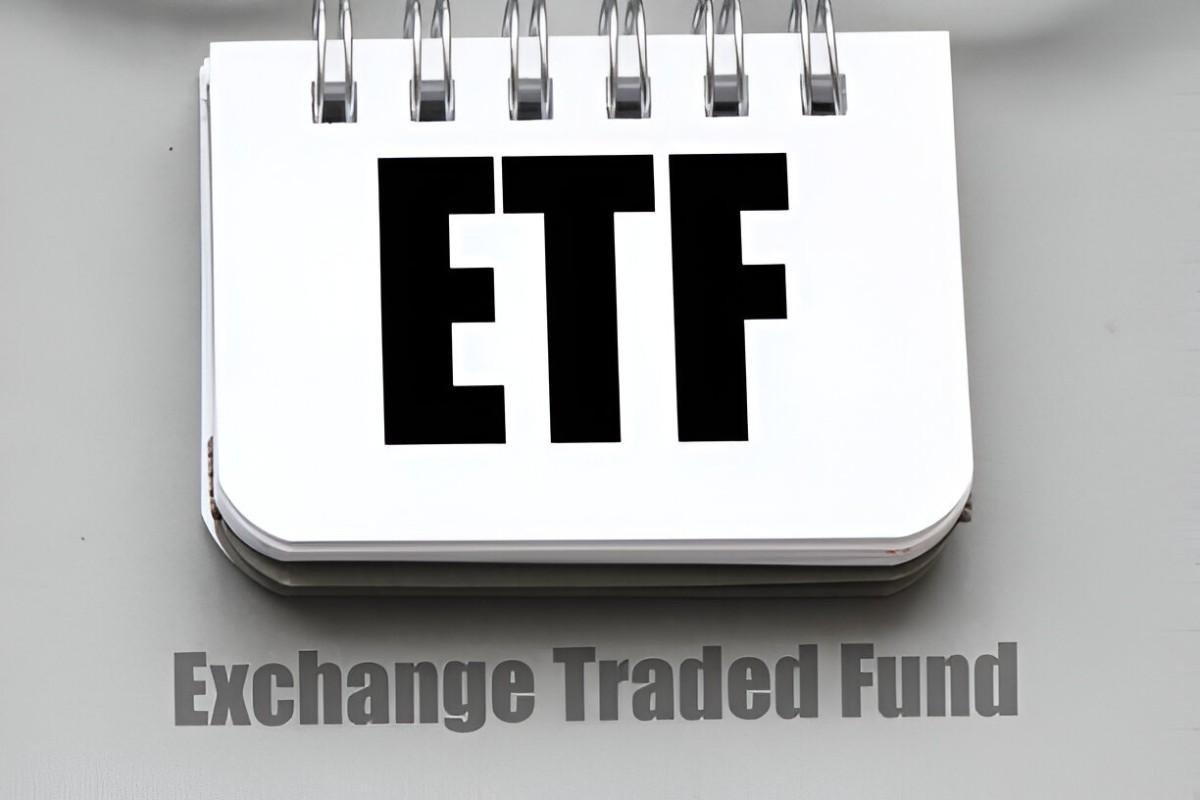As a finance expert, I often get asked whether exchange-traded funds (ETFs) or mutual funds make better investments. While both have merits, ETFs tend to offer distinct advantages in cost efficiency, tax treatment, liquidity, and flexibility. In this article, I break down the key differences, supported by data, mathematical models, and real-world examples.
Table of Contents
Understanding the Basics: ETFs vs. Mutual Funds
Before diving into comparisons, let’s define both instruments:
- Mutual Funds: Pooled investment vehicles that aggregate money from multiple investors to buy a diversified portfolio. They are priced once per day after market close.
- ETFs: Trade like stocks on exchanges throughout the day, with prices fluctuating in real-time. Most ETFs passively track an index, though active ETFs exist.
Key Structural Differences
| Feature | ETF | Mutual Fund |
|---|---|---|
| Pricing Mechanism | Intraday market pricing | End-of-day NAV pricing |
| Trading Flexibility | Bought/sold anytime | Only at closing NAV |
| Expense Ratios | Typically lower | Often higher |
| Tax Efficiency | More tax-efficient | Less tax-efficient |
| Minimum Investment | No minimum (1 share) | Often $1,000+ minimum |
Lower Costs: The Expense Ratio Advantage
One of the biggest reasons I prefer ETFs is their cost efficiency. The average expense ratio for an equity mutual fund is around 0.50%, while the average ETF expense ratio is closer to 0.18%. Over time, this difference compounds significantly.
Cost Comparison Over 30 Years
Assume two investments:
- ETF: Expense ratio = 0.18%
- Mutual Fund: Expense ratio = 0.50%
Initial investment: $100,000
Annual return before fees: 7%
The future value (FV) after 30 years:
FV_{ETF} = 100,000 \times (1 + 0.07 - 0.0018)^{30} = 100,000 \times (1.0682)^{30} \approx \$761,225 FV_{MutualFund} = 100,000 \times (1 + 0.07 - 0.0050)^{30} = 100,000 \times (1.0650)^{30} \approx \$677,270The ETF saves $83,955 over three decades—just from lower fees.
Tax Efficiency: How ETFs Minimize Capital Gains
ETFs are structurally more tax-efficient due to their in-kind creation/redemption mechanism. Unlike mutual funds, which often sell securities to meet redemptions (triggering capital gains), ETFs avoid this by exchanging shares “in-kind.”
Example: Capital Gains Distributions
- Mutual Fund: If investors redeem shares, the fund may sell holdings, realizing gains that are passed to remaining shareholders.
- ETF: Authorized Participants (APs) exchange ETF shares for underlying securities without taxable events.
According to a Vanguard study, ETFs distribute 72% fewer capital gains than comparable mutual funds.
Trading Flexibility: Intraday Liquidity
ETFs trade like stocks, meaning:
- You can buy/sell anytime during market hours.
- Use limit orders, stop-loss orders, and other advanced strategies.
- Short sell or buy on margin.
Mutual funds only execute trades at the end-of-day NAV, limiting control.
Example: Avoiding Slippage
Suppose the market drops sharply at 11 AM. With an ETF, I can immediately place a stop-loss order. With a mutual fund, I must wait until market close, potentially suffering greater losses.
Transparency: Holdings Disclosure
Most ETFs disclose holdings daily, while mutual funds typically report quarterly. This transparency helps me assess risk and avoid style drift.
Performance: Active vs. Passive Debate
While some mutual funds outperform benchmarks, most fail consistently. According to SPIVA data, 87% of large-cap mutual funds underperformed the S&P 500 over 15 years.
ETFs, especially index-tracking ones, provide consistent, low-cost exposure without manager risk.
Table: Active vs. Passive Performance
| Metric | Active Mutual Funds | Passive ETFs |
|---|---|---|
| 10-Year Survivorship Rate | 58% | 95%+ |
| Outperformance Rate | 23% (vs. benchmark) | N/A (matches benchmark) |
When Mutual Funds Might Still Make Sense
Despite ETF advantages, mutual funds can be better in certain cases:
- Automatic investing: Many mutual funds allow automated monthly contributions.
- Fractional shares: Some mutual funds permit fractional investing, while not all brokers support fractional ETFs.
- Niche active strategies: Some skilled managers (e.g., small-cap, emerging markets) may justify higher fees.
Final Verdict: Why I Favor ETFs
After years of analysis, I find ETFs superior for most investors due to:
- Lower costs → Higher net returns.
- Tax efficiency → Fewer surprise capital gains.
- Trading flexibility → Better control over entries/exits.
- Transparency → Daily holdings visibility.
Unless an investor needs automated contributions or access to a specific active manager, ETFs usually deliver better long-term outcomes.





